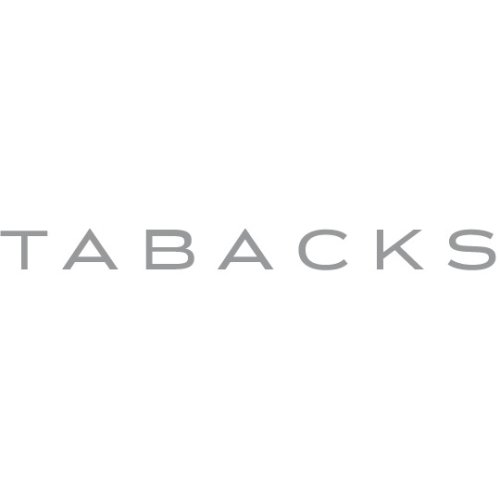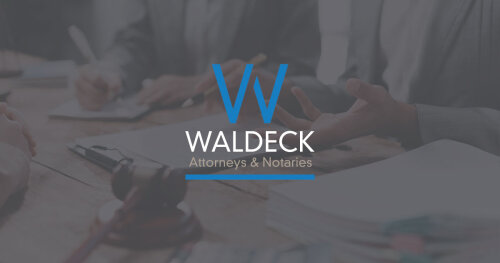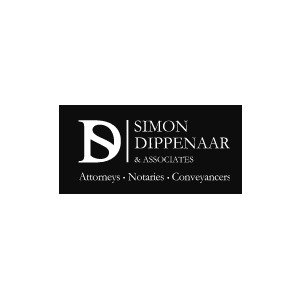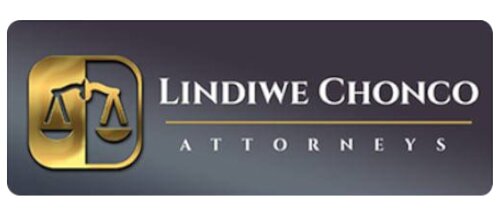Best Patent Lawyers in Johannesburg
Share your needs with us, get contacted by law firms.
Free. Takes 2 min.
List of the best lawyers in Johannesburg, South Africa
About Patent Law in Johannesburg, South Africa
South Africa, with Johannesburg as its economic hub, provides a robust framework for the protection of inventions through its patent system. Governed by the South African Patents Act 57 of 1978, the country's patent laws are designed to safeguard the rights of inventors, promote innovation, and support industrial and economic development. Patents granted by the Companies and Intellectual Property Commission (CIPC) provide inventors exclusive rights to their inventions, prohibiting others from making, using, modifying, or selling the invention without permission. Johannesburg, as a center for commerce and industry, is a significant location for patent-related legal activities and innovation-driven enterprises.
Why You May Need a Lawyer
Engaging a lawyer specializing in patent law can be crucial for multiple reasons:
- Filing a Patent Application: The process of drafting and filing a patent application can be complex, requiring meticulous attention to detail and understanding of technical and legal nuances. A patent attorney can ensure your application meets all necessary requirements.
- Patent Infringement: If you believe someone is using your patented invention without permission, or if you are accused of infringement, legal advice can help protect your interests.
- Strategy Development: Lawyers can provide strategic advice on portfolio management, licensing, and potential litigation, maximizing the commercial value of patents.
- International Protection: For those seeking to protect their inventions internationally, a lawyer can guide you through the complexities of filing patents in multiple jurisdictions.
Local Laws Overview
Key aspects of local patent laws in Johannesburg include:
- Patentability: To be patentable, an invention must be new, involve an inventive step, and be capable of being used in trade, industry, or agriculture.
- Types of Patents: South Africa provides for two types of patents - standard patents and provisional patents. A provisional patent can protect an invention while it is still in development, lasting 12 months before a complete application is needed.
- Examination: Unlike many countries, South Africa’s system does not conduct substantive examinations of patent applications. This means applications do not automatically undergo a review for novelty or inventiveness before granting.
- Duration: A standard patent is valid for up to 20 years from the filing date, subject to annual renewal fees.
- Patent Cooperation Treaty (PCT): South Africa is a member of the PCT, allowing South Africans to benefit from international processes in securing patent protection abroad.
Frequently Asked Questions
What is the process of patent registration in South Africa?
The process begins with filing a provisional patent application, followed by a complete patent application within 12 months. The application is then published, after which it can be challenged. If not opposed, the patent can be granted.
How long does it take to get a patent granted in Johannesburg?
Due to the lack of substantive examination, if there are no objections, a patent can be granted relatively quickly compared to jurisdictions with more rigorous examination processes. This typically ranges from a few months to a couple of years.
Can I apply for a patent while my invention is still under development?
Yes, you can file a provisional patent application which gives you 12 months to develop your invention further and complete your application.
What costs are involved in the patenting process in Johannesburg?
The costs can vary widely, but generally include patent attorney fees (for drafting and filing) and official filing fees, with additional costs for annual renewals.
Can someone challenge my patent application in South Africa?
Yes, within three months of publication, third parties can oppose the grant of a patent on grounds such as lack of novelty or non-obviousness.
Is my South African patent valid worldwide?
No, a South African patent provides protection only within South Africa. For international protection, you would need to file separate applications in each jurisdiction or proceed via the PCT.
What is the difference between a standard and a provisional patent application?
A provisional patent provides initial protection for up to 12 months and is often less costly, while a standard patent offers long-term protection but requires a detailed description and claims.
How can I enforce my patent rights in Johannesburg?
If you suspect infringement, you can initiate legal proceedings through the courts to enforce your rights, which may result in an injunction or damages.
What should I do if my patent is infringed?
Consult a patent attorney immediately to discuss your options for legal action, which may include negotiation, settlement, or litigation.
Are there specific industries in Johannesburg that benefit from patent protection?
Industries such as biotechnology, pharmaceuticals, information technology, and mining frequently rely on patent protection due to their innovative nature and commercial value of technological advancements.
Additional Resources
Several resources and organizations can assist with patent-related inquiries in Johannesburg:
- Companies and Intellectual Property Commission (CIPC): The official body for filing patents in South Africa.
- South African Institute of Intellectual Property Law (SAIIPL): Offers resources and information on IP law in South Africa.
- World Intellectual Property Organization (WIPO): Provides information on international patent protection and the PCT.
- Engineering associations and innovation hubs: These can provide networking opportunities and additional guidance on technical and commercialization issues.
Next Steps
If you need legal assistance with a patent in Johannesburg, consider the following steps:
- Consult a Specialist: Seek advice from a patent attorney who specializes in your industry or type of invention.
- Preliminary Investigation: Conduct a preliminary patent search to ensure your invention’s novelty and identify potential conflicts.
- Documentation: Prepare detailed documentation of your invention, including diagrams, technical specifications, and prototypes.
- Contacting Authorities: Engage with the CIPC for official procedures and compliance requirements.
- International Strategy: Consider if you need guidance on filing for protection in other countries, making use of the PCT route if applicable.
Acting promptly and strategically can significantly enhance your prospects of securing and benefiting from patent protection.
Lawzana helps you find the best lawyers and law firms in Johannesburg through a curated and pre-screened list of qualified legal professionals. Our platform offers rankings and detailed profiles of attorneys and law firms, allowing you to compare based on practice areas, including Patent, experience, and client feedback.
Each profile includes a description of the firm's areas of practice, client reviews, team members and partners, year of establishment, spoken languages, office locations, contact information, social media presence, and any published articles or resources. Most firms on our platform speak English and are experienced in both local and international legal matters.
Get a quote from top-rated law firms in Johannesburg, South Africa — quickly, securely, and without unnecessary hassle.
Disclaimer:
The information provided on this page is for general informational purposes only and does not constitute legal advice. While we strive to ensure the accuracy and relevance of the content, legal information may change over time, and interpretations of the law can vary. You should always consult with a qualified legal professional for advice specific to your situation.
We disclaim all liability for actions taken or not taken based on the content of this page. If you believe any information is incorrect or outdated, please contact us, and we will review and update it where appropriate.














